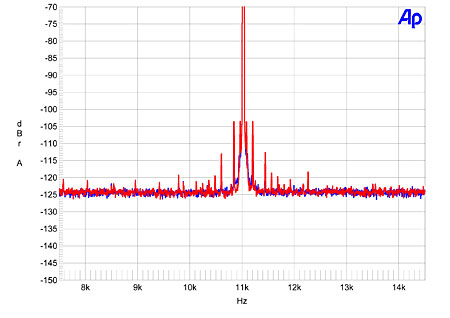Totally agree there. Thats why, in my signature line, I comment that given the fixed nature of stereo as used, all one can do is play about with frequency response, phase, accuracy to the electrical signal, reverb, eq, and noise or other modulation effects, and even a perfect system is impossible to convey a live unamplfiied performance. Its just a fact. And so, until some big outfit, like Harmon or Sony or whoever, builds and designs a new format, and people like Bruce on this forum purchase and adopt it, we really are just chasing EQ around and around in audio. In fact, now, its the chassis that we put the stuff in as the last frontier in plain old stereo. I bolded the area that I think you are working in.


